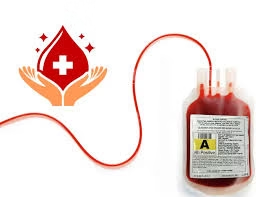
Introduction Whole blood contains: Red Blood Cells (RBCs) White Blood Cells (WBCs) Platelets Plasma (with clotting factors, proteins, electrolytes) Modern transfusion practice follows the principle: “Give only what the patient Read More ……..
Simplifying Allied Health Learning.

Introduction Whole blood contains: Red Blood Cells (RBCs) White Blood Cells (WBCs) Platelets Plasma (with clotting factors, proteins, electrolytes) Modern transfusion practice follows the principle: “Give only what the patient Read More ……..
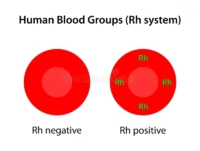
Introduction Rh blood group system is the second most important blood group system after ABO. It is highly polymorphic, with more than 50 antigens identified. Clinically most significant antigen: D Read More ……..
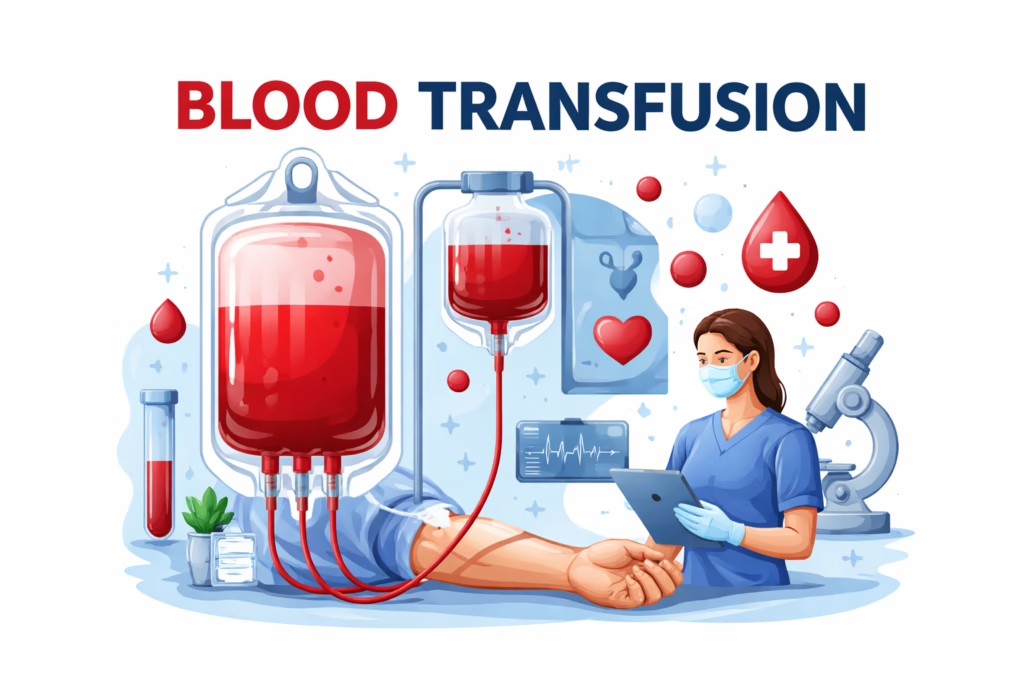
Introduction Blood transfusion and plasma exchange are life-saving medical procedures that involve the transfer of blood or blood components from a donor to a recipient. It is widely used in the management of Read More ……..
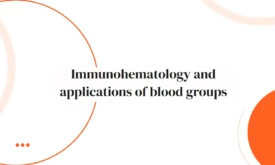
Introduction Immunohematology is the branch of immunology concerned with blood group antigens and antibodies It deals with antigen–antibody reactions involving red blood cells It forms the scientific basis of safe Read More ……..
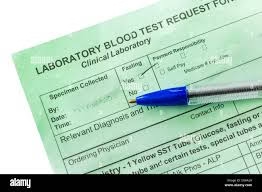
Introduction Blood transfusion services are an essential part of modern healthcare Safe transfusion depends on strict adherence to standard operating procedures Errors can occur during requisition, issue, or handling of Read More ……..